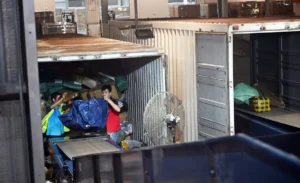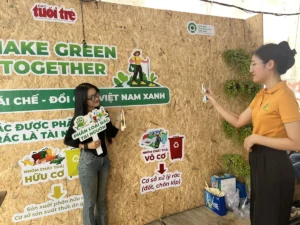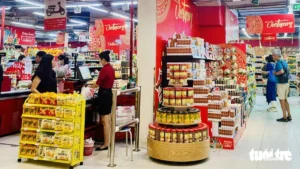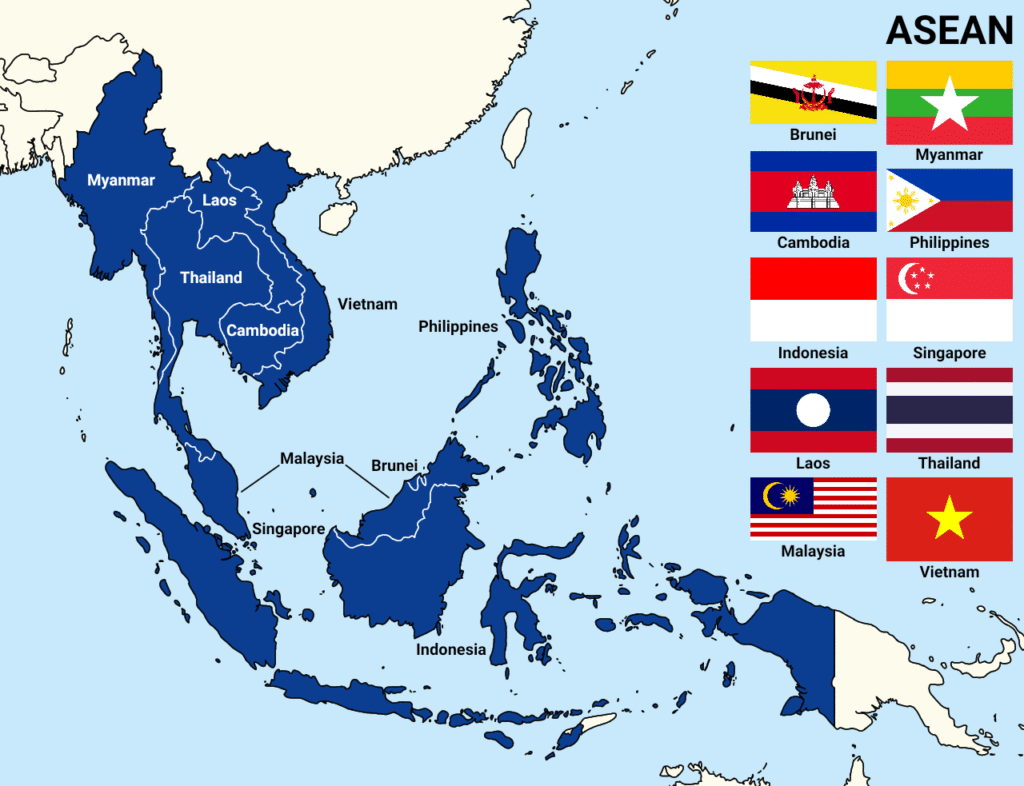Malaysia and Indonesia have reached an important agreement on mutual recognition of Halal certificates.
ASEAN is moving towards the realization of a common standard for Halal certification. Indonesia and Malaysia, which account for 95% of ASEAN ‘s Muslim population , are two countries that play a leading role in achieving this goal.
The move allows Malaysia’s Ministry of Islamic Development (JAKIM) and Indonesia’s Halal Product Assurance Organization to accept each other’s Halal logos for products exported between the two countries, eliminating the need for duplicate certification processes. Malaysian Deputy Prime Minister Ahmad Zahid described the move as a game changer.
The SUN newspaper reported that at the recent roundtable conference on the Halal industry held in Jakarta, representatives from Malaysia and Indonesia discussed promoting Halal cooperation across ASEAN towards the goal of the ASEAN Halal market reaching 5,000 billion USD by 2030.
According to Bernama, Halal is also one of the priority areas that Thailand is aiming to cooperate with Malaysia.
javascript:if(typeof(admSspPageRg)!=’undefined’){admSspPageRg.draw(2030142);}else{parent.admSspPageRg.draw(2030142);}
According to Vice President of the Thai Chamber of Commerce Dr. Visit Lumlurcha, Malaysia’s globally recognized Halal certification framework combined with Thailand’s abundant agricultural resources create a solid foundation for the two countries to collaborate in developing Halal products for the regional and global markets.
He stressed that Malaysia has an advantage in developing functional and high-value ingredients beyond traditional food functions, which can complement Thailand’s production capacity.
Another piece of information regarding Malaysia’s Halal industry. A report by the United States Department of Agriculture (USDA) assessed that Malaysia’s Halal regulations are more stringent than global standards.
Goods entering Malaysia must be Halal certified. Malaysia’s rigor is reflected in its comprehensive oversight. That is, Malaysia’s Halal certification process covers the entire supply chain—from sourcing and processing to packaging and distribution—ensuring strict compliance at every stage.
The US Department of Agriculture report said that while Malaysia’s strict Halal requirements are intended to maintain high standards, these regulations can also create barriers for foreign manufacturers wanting to enter the Malaysian market.
















